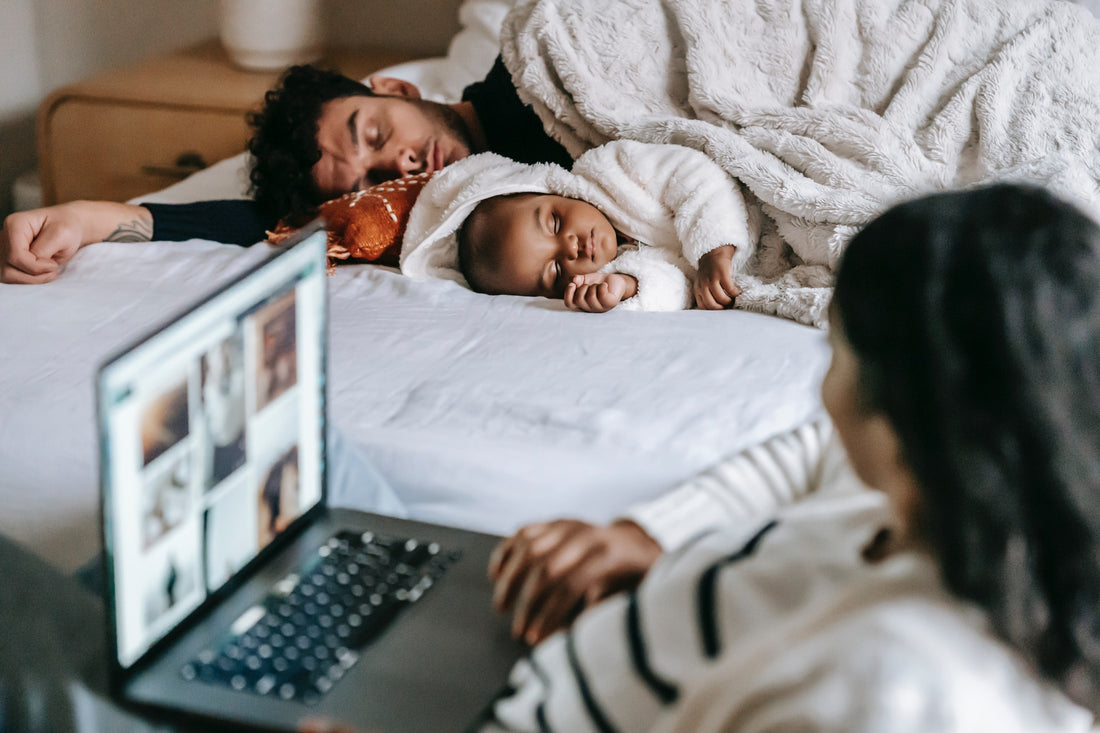Building up good daytime and evening routines can help your princess have a decent night's sleep and rest. Also, if your toddler is resting soundly, chances are you may rest better as well. A good night's rest is tied in with having the opportunity to relax and stay asleep. Most little girls wake up by themselves in the morning if they're getting sufficient acceptable quality sleep. This post will highlight and expatiate the best and most good sleeping habits and routines for your kid.
Set up a sleep schedule
A regular sleep time routine starting around the same time every night empowers excellent sleep patterns. A sleep time routine of story, bath, and bed can help younger toddlers feel prepared for sleep faster. For older girls, the way may include a quiet chat with you about the day than some time alone unwinding before lights out.
Relax before bedtime
Encourage your toddler to relax before sleep time. Older girls may like to relax by listening to music, perusing a book, or working on breathing for unwinding. If your little girl takes longer than 30 minutes to nod off, your kid may require a more extended wind-down time before turning the lights out to rest.
Keep regular sleep and wake-up times.
Keep your toddler's sleep times and wake-up times within 1-2 hours of one another every day. This assists with keeping your little girl's body clock in a standard pattern. It's a smart thought for holidays and weekends, just like school days.
Take a look at the noise and light in your toddler's bedroom
A dim, calm, private space is significant for proper rest. You can check whether your little girl's room is excessively light or loud. It'll most likely assist with winding down electronic incitement in your princess's room somewhere around one hour before sleep time. This incorporates loud music, computer screens, cell phones, and TV.
Keep older toddlers' naps short and early.
Most little girls stop resting at 3-5 years old; if your toddler over five years is still napping during the day, try to keep the nap to no longer than 25 minutes and no later than early afternoon. Longer and after naps can make it harder for kids to get to sleep at night.
Ensure your child has a sense of security at night
If your little baby feels frightened about being in the dark alone or going to bed, you can acclaim and reward your kid whenever they're valiant. Avoid scary TV shows, films, and computer games can help as well. A few toddlers with sleep time fears feel better when they have a night light.
Stay away from the clock.
If your princess is checking the time frequently, urging her to move the clock or watch to where they can't see it from bed.
Eat the right amount at the ideal time.
Ensure your little girl has a beautiful evening dinner at a reasonable time. Feeling hungry or excessively full before bed can make your baby more alert or awkward. This can make it harder for your kid to sleep well. In the morning, a good breakfast assists with kicking start your toddler's body clock at the ideal time.
Get a lot of natural light in the day.
Urge your baby to get as much natural light as possible during the day, particularly in the morning. Bright light suppresses melatonin. This aides your little girl to feel conscious and alert during the day and sleepy towards bedtime.
Avoid caffeine
Caffeine is in energy drinks, tea, cola, chocolate, and coffee. Urge your baby to keep away from these things during periods, and don't offer them at these moments.
Do some exercise
Actual work and exercise assist children in sleeping longer and better. But if your toddler is experiencing difficulty sleeping, discourage the spirit of play and sports at night. In addition, the incitement and expansion in internal heat levels can make it difficult to sleep.





